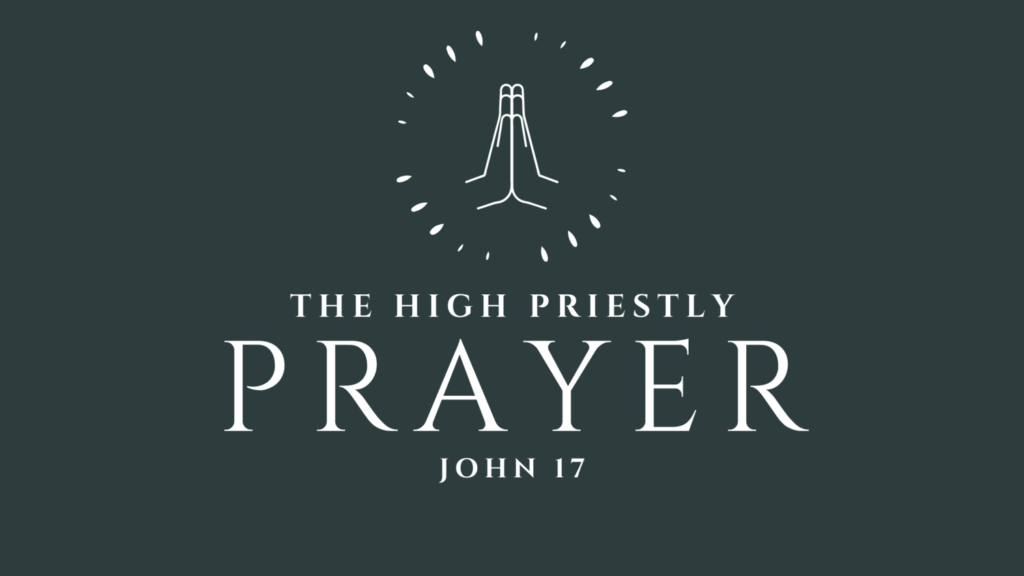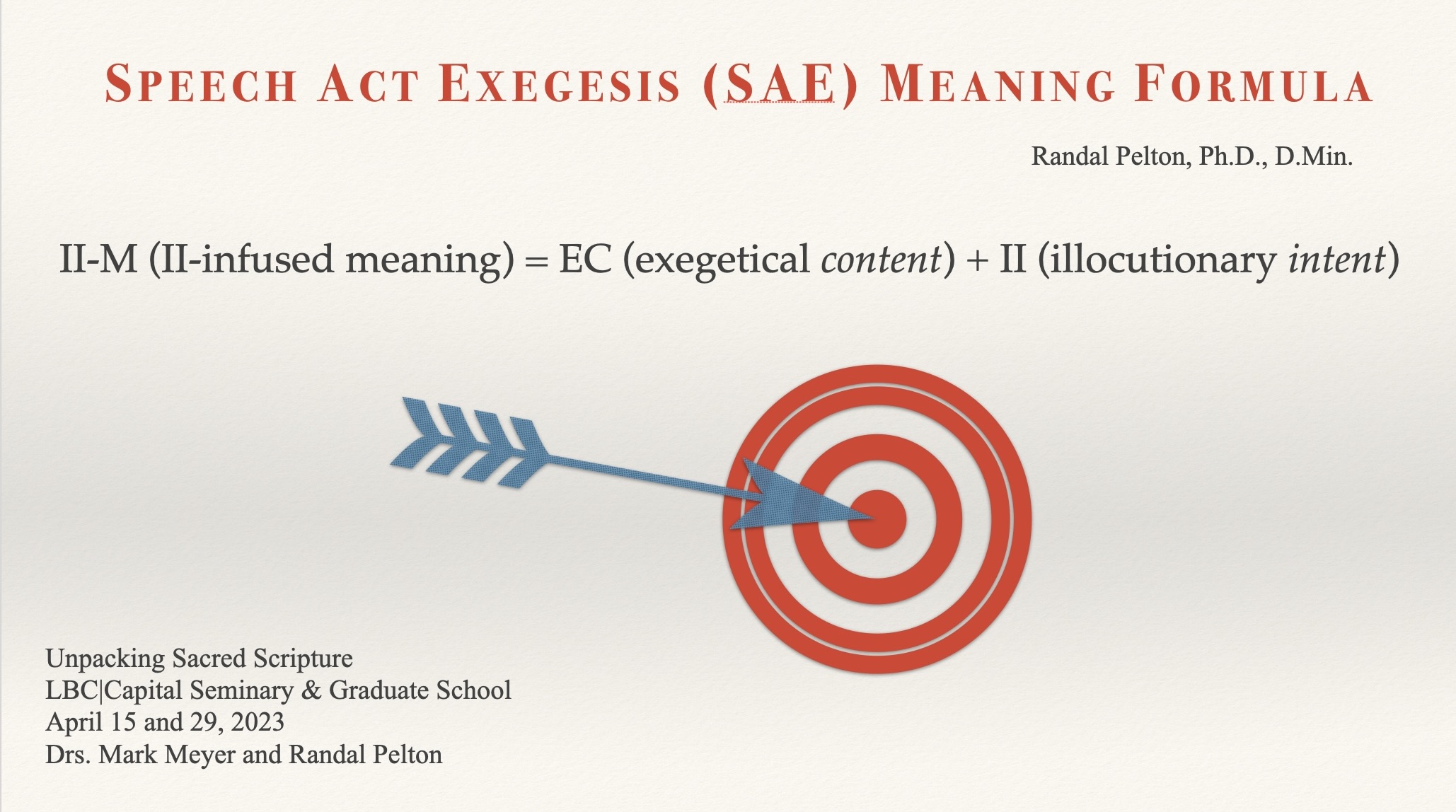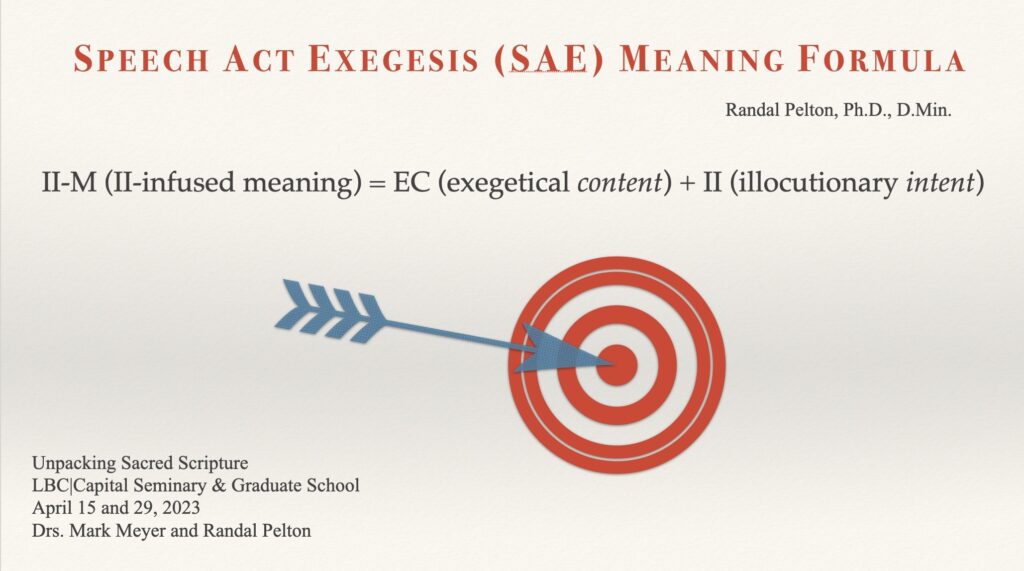Happy New Year to you!
Usually, at the start of each year I create a mini-series on some aspect of being a part of a local church. This year I am spending four Sundays on our four core values. Calvary Bible Church is:
- biblically-shaped (we stand on God’s unchanging Word in an ever-changing world)
- worshipful (we offer Him all that we are because of all that He is)
- Disciple-making (we are new creations going to our neighbors and nations)
- faith-family (we have been adopted by the Father, so we live and love like family)
But, that’s not important right now. What is is that this past Sunday we focused on being biblically-shaped from Jesus’s prayer in John 17:14-19: “Sanctify them in the truth…”
Preaching that text gave me an excellent opportunity to teach our congregants how God intends for them to worship Him through Jesus’s prayer. It is a unique aspect of theological interpretation. How is an ancient prayer of Jesus intended to function for the church?
The answer lies in God’s desire that His people would hear Jesus pray and then ask themselves,
“Am I experiencing a walk with God that Jesus prayed about?”
To use the brief excerpt above, Jesus asks His Father to sanctify His disciples in the truth. By implication our worship response is to make sure by the grace of God that we are being sanctified by the truth of God’s Word. This helps answer one of the most important theological questions about this prayer: does God automatically answer this prayer of Jesus or does it take a response from Jesus’s disciples?
Pretty simple.
You will run into this regularly. There are no imperatives in Jesus’s prayer: He says things to God and asks things of God, all intended for use in church. This approach is necessary for any attempts to worship with texts such as Pauline benedictions or prayers.
May our Lord receive glory in the church and in Christ Jesus (Ephesians 3:21) as you preach and teach such Scripture that describe experiences intended for all God’s people.
Randal











